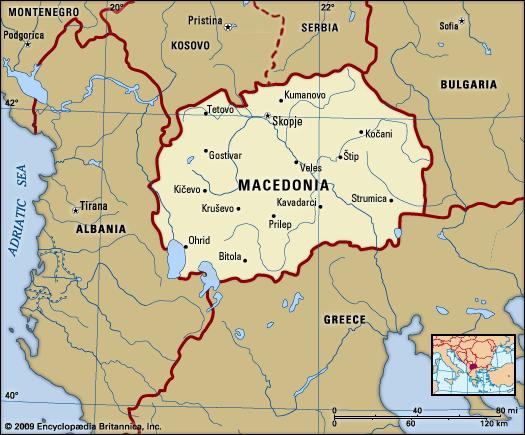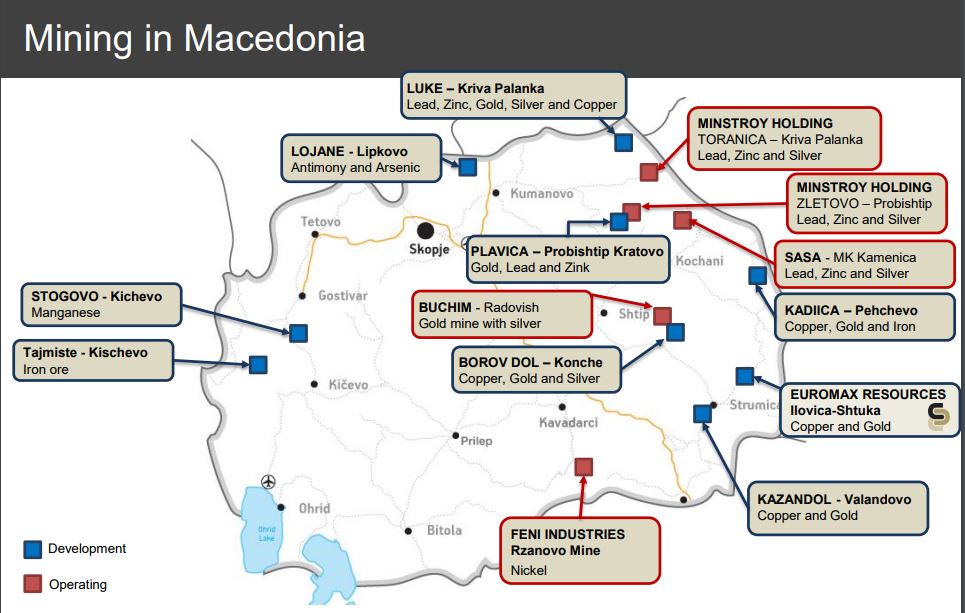 The Republic of Macedonia has well developed infrastructure with road and railway links running north-south, connecting Serbia and Greece, and construction improving the east-west corridor, connecting Albania and Bulgaria. The backbone of the country’s road network consists of the two Pan-European corridors VIII and X. It has two international airports, Skopje and Ohrid.
The Republic of Macedonia has well developed infrastructure with road and railway links running north-south, connecting Serbia and Greece, and construction improving the east-west corridor, connecting Albania and Bulgaria. The backbone of the country’s road network consists of the two Pan-European corridors VIII and X. It has two international airports, Skopje and Ohrid.
Macedonia’s modern digital telecommunication network is the most liberalised in the region and it has a good supply of low-costgrid electricity.
Macedonia’s mining sector is a significant contributor to its GDP, with new improved laws attracting more companies to operate in the country. The country has a number of operating mines, as well as exploration projects, including Ilovica and the Bucim mine. KPMG recently stated that the mining sector was essential in Macedonia as it is a significant contributor to the economy.
In the December 2016 election, the centre-right VMRO-DPMNE party, which had governed since 2006, won a majority but it failed to secure the required 62 seats for a majority and to form a government. Five months after elections took place, a new government in The Republic of Macedonia was announced in May 2017, led by Zoran Zaev of the centre-left Social Democrats. Zaev vowed to step up economic reforms and pledged to speed up the country’s bid to join the EU and NATO. In August 2017, Bulgaria and the Republic of Macedoniasigned a bilateral treaty, removing some obstacles to Skopje’s bid to join both organisations.

